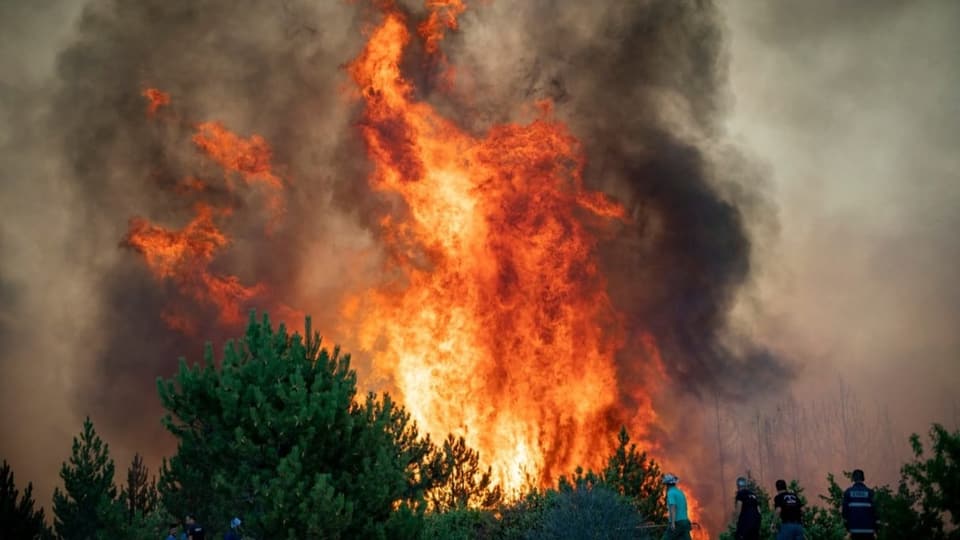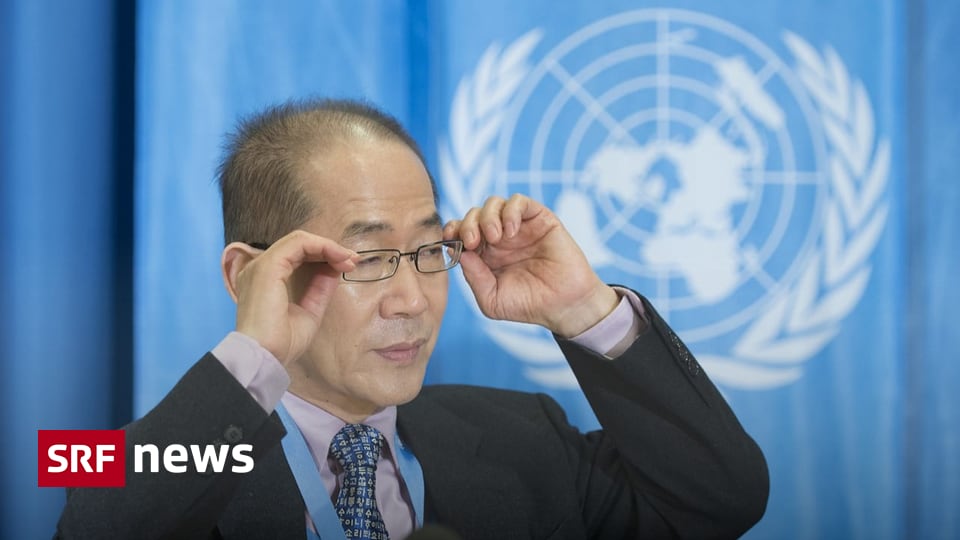- The Intergovernmental Panel on Climate Change (IPCC) presented the findings of Part Two of its Sixth Status Report on “Climate Change 2022: Consequences, Adaptation and Vulnerability”.
- With the analyses, the IPCC warns once again: We’ve done too little so far.
So far we have done too little to adapt to the consequences of global warming, warns the Intergovernmental Panel on Climate Change (IPCC). As temperatures continue to rise, the risks multiply.
Scorching, dry summers destroy agriculture, and flash floods destroy villages and kill people – what many doubt is confirmed in the new IPCC report: Rising temperatures are having a faster impact, and their effects are more severe and more extensive than the science has yet to accept.
Inadequate adaptation measures
We have adapted to some of the effects of the climate. For example, targeted measures can reduce the mortality rate of older adults during heat waves. But globally, adaptation efforts have so far been insufficient, the report says.
Often this has to do with the fact that people, groups or countries are very vulnerable: a prolonged drought affects small farmers who cannot afford an irrigation pump much more than a large farm with a lot of equipment and financial reserves.
IPCC researchers write that adaptation is also a matter of resources and equity. According to this, almost half of the world’s population, about 3.5 billion people, live in conditions in which it is difficult for them to protect themselves from the consequences of global warming.
bleak forecast
Analyzes show that with every tenth of a degree of additional warming, the consequences become worse. Some are irreversible. Tropical coral reefs will disappear in large areas at a warming of more than 1.5 degrees compared to the pre-industrial era.
At a two-degree increase, there will be practically no more corals. But these elements are vital to millions of people: they protect their coasts from floods, they provide them with fish to eat: climate, adaptation, food – everything is connected.
Researchers warn that rising carbon dioxide emissions and many of our other activities are placing so much stress on the Earth’s system that the consequences may be unpredictable.
Example of a possible chain reaction: Many countries also rely on forests for climate protection because they absorb and store carbon dioxide from the air.
But wildfires have increased regionally, more trees are dying due to increased stress, crop pests are breeding, and some tropical forests may turn into savanna due to rising temperatures and deforestation. The hoped-for carbon dioxide storage will be much smaller than expected, and temperatures will rise faster.

Legend:
Deforestation and wildfires increased regionally. The Earth system is under stress: if carbon dioxide emissions continue to rise, the consequences will be unpredictable.
stone key
a decade of decision
We can still turn things around: If warming can be slowed by more than a degree and a half, humanity and nature can still come to terms with the consequences to some extent.
But a lot has to happen very quickly for this to happen: CO2 emissions must fall quickly and we won’t be able to use 30 to 50 percent of the Earth’s surface, or at least use it sustainably.
The current decade is crucial: If reversal of the global trend by 2030 does not work, the consequences for humanity and the planet are hardly predictable, according to the latest report of the Intergovernmental Panel on Climate Change.

“Tv specialist. Friendly web geek. Food scholar. Extreme coffee junkie.”






More Stories
Biography of former British Prime Minister Liz Truss: Without shame or guilt – News
With a simple trick: A father saves his family from a shark attack during the holidays
Immigration policy in Finland: returns at the border with Russia – News